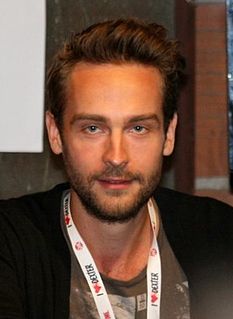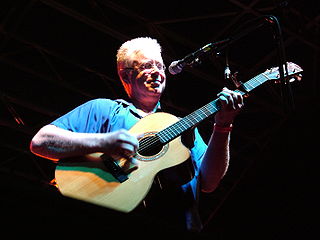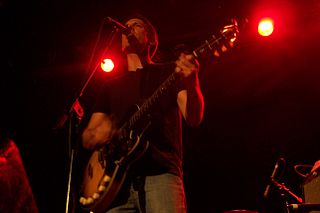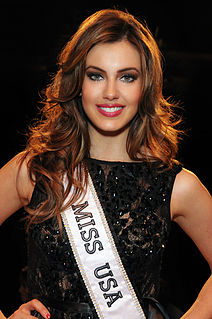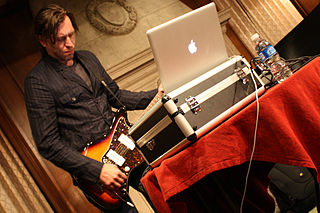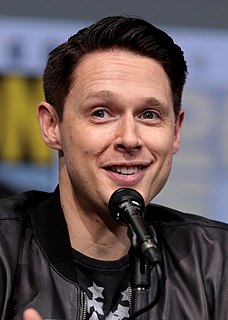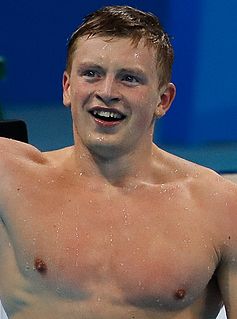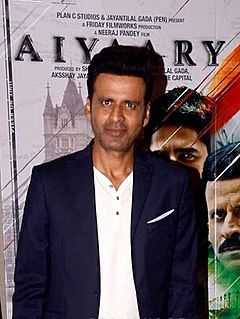A Quote by William T. Vollmann
The first chance I had to go to Japan, which was in the early nineties, I went to a Noh play. I thought, 'This is very, very slow.' I noticed lots of people falling asleep. I didn't really know what was going on; I was getting a little sleepy myself. Then the more I studied it, the more fascinated I got.
Related Quotes
The really good thing about 'Sleepy Hollow' is you have no idea who's going to die when... But then equally, we showed in the pilot several people can come back to life, so you have no idea who's going to come back. Death means very little in our Sleepy Hollow, so expect more surprise deaths and more surprise resurrections.
I am not a historian, but I find myself being more and more fascinated by history and now I find myself reading more and more about history. I am very interested in Napoleon, at the present: I'm very interested in battles, in wars, in Gallipoli, the First World War and so on, and I think that as I age I am becoming more and more historical. I certainly wasn't at all in my early twenties.
Sometimes I catch myself doing something that I've already done. The more I've done, the more that's likely to happen. Then I just throw it away. I wait until I've got the right way of getting a thing done, which means my songwriting proceeds at a very slow pace. But it's the only way I can really work.
You know, you take a little infant and you turn on the music mobile on their crib and you find that if you give them a music mobile which turns on automatically versus a music mobile in which - if by chance their little legs or their little hands accidentally touches it - turns on they're so much more excited if by chance it turns on because they touched it, so that desire for control over their environment is... really appears from very early on and if you look at children's first words, "no, yes."
I still get stage fright every time. I also feel very, very sleepy about a minute before we go on. Like I feel like I'm going to fall asleep. I can't explain it. It's sort of like, "Where's the energy going to come from to play this show?" Then all of a sudden you step up and there it is, it's like it's waiting for you.
I always thought, I can't waste time, I have to do work. I also thought that I was slower than other people, that I had to concentrate more. I always thought, I'm not brilliant, I have to work. That was something I embedded in myself very early: I have to go home and write. But did I get any more work done than people like Frank O'Hara, who were always going to parties? Probably not.
It's a risk-reward thing. If I do go out and try and play and get hurt again, then I'm definitely out. I've got no chance to go. If I'm ready, then great. It's getting better. I've been doing a lot more in the last couple of days. I've got a day off (on Wednesday) and then hope to come back in on Thursday and really see where I am at and test it out. Hopefully I'm going to play this weekend but, in reality, we'll see.
I admired fashion but I wasn't an "iconic fashionista" myself. I think as I got more comfortable in my skin, then I got a little bit more into fashion, but it's always been something I've been interested in because you can express yourself through what you wear and your accessories and everything else. So getting into my early 20s was really started to come into myself.
I started playing guitar at the age of 8 or 9 years. Very early, and I was like already into pop music and was just trying to copy what I heard on the radio. And at a very early age I started experimenting with old tape recorders from my parents. I was 11 or 12 at that time and then when I was like 14 or 15 I had a punk band. I made all the classic rock musician's evolutions and then in the early nineties I bought my first sampler and that is how I got into electronic music, because I was able to produce it on my own. That was quite a relief.
I'm a Brit and I just put myself on tape, back in London, for a very distant American project that I thought I didn't stand a chance of getting. And then, I got a call about a week after I had submitted my tape, just saying, "They really like you and want to screen test you." So, I flew to L.A. and did the screen test. And then, I met Elijah [Wood] and did a screen test with him. And then, I had a very nerve-wracking few days back home, waiting and waiting and thinking, "This cannot possibly go my way because that would just be too good to be true." And then, it did.
I remember my very first encounter with Japan. At that time, I was Deputy Mayor of St Petersburg. Out of nowhere, Japan's Consul General in St Petersburg came to my office and said Japan's Ministry of Foreign Affairs wanted to invite me to Japan. I was very surprised because I had nothing to do with Japan except being a judoka. This was an opportunity to visit Tokyo and a couple of other cities. And, you know, a capital is a capital everywhere: there is the official script and certain protocol. It is always easier to talk in the provinces, the conversation is more natural.

